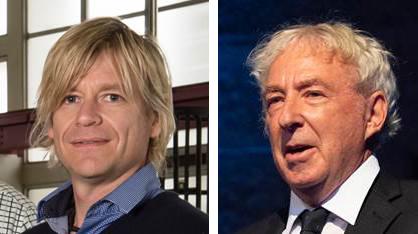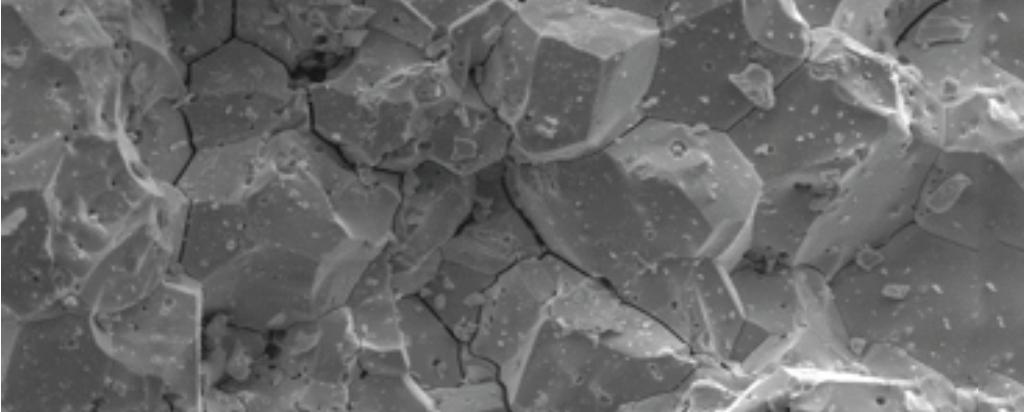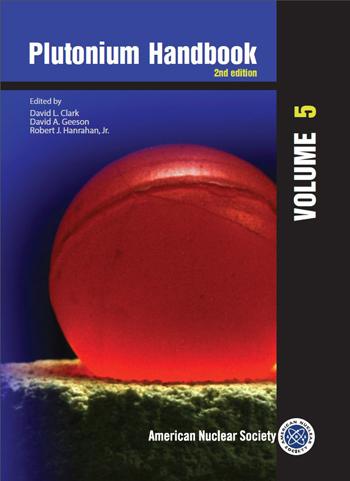

Published on the 6th November 2019 by ANSTO Staff
In Brief
- ANSTO scientists have co-authored a chapter on Plutonium in waste forms that is distributed internationally
- ANSTO Synroc technology and research on inert matrix fuel ceramics are highlighted.
- Plutonium waste research can be done at ANSTO because of specialist capabilities and expertise.
Dr Daniel Gregg, Manager Wasteforms Engineering and the late Dr Eric ‘Lou’ Vance are co-authors of a chapter in the Plutonium Handbook, the authoritative source on plutonium science and technology.

Dr Daniel Gregg and the late Dr Eric 'Lou' Vance
The handbook, published by the American Nuclear Society, is an international collaboration with authorship from 13 countries and worldwide distribution.
The chapter provided by ANSTO Synroc scientists on ‘Plutonium in waste forms’ reviews the chemical and physical properties of plutonium waste forms and the candidate glass, ceramic, and novel waste forms, including ANSTO’s Synroc technology, that have been proposed and investigated.

“This is a very important handbook with international significance and involvement is considered an honour for the scientists involved,” said Gerry Triani, Technical Director of ANSTO Synroc.
“Within the handbook, this chapter on waste forms is particularly timely.”
It highlights the significant role that ANSTO's specialised capabilities and expert staff can play in the management of plutonium waste from overseas.
“This expertise not only includes Synroc waste form design but also the engineering that allows translation of the technology from research and development toward a realised industrial solution,” said Triani.
The Actinide Suite, the nuclear laboratory for plutonium handling at ANSTO, is a world-leading facility that allows waste form design solutions for specific actinide waste streams (including plutonium)to be prepared, characterised and performance tested.
The chapter includes a summary of ANSTO’s Synroc waste form technology and the current industrial development of Synroc processing technology for actinide wastes. A description of ANSTO research on Inert Matrix Fuel (IMF) ceramics is also featured.
For more information
